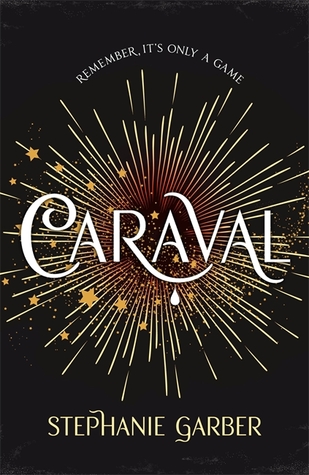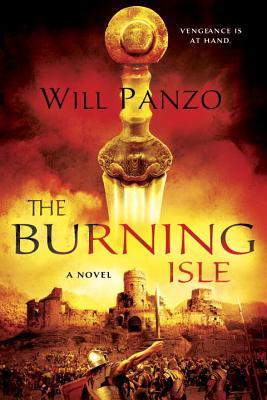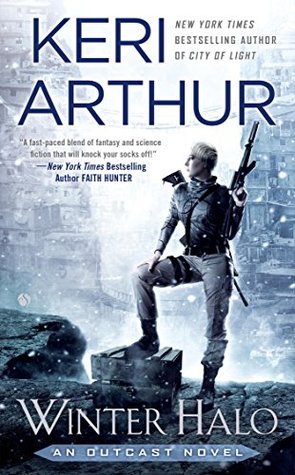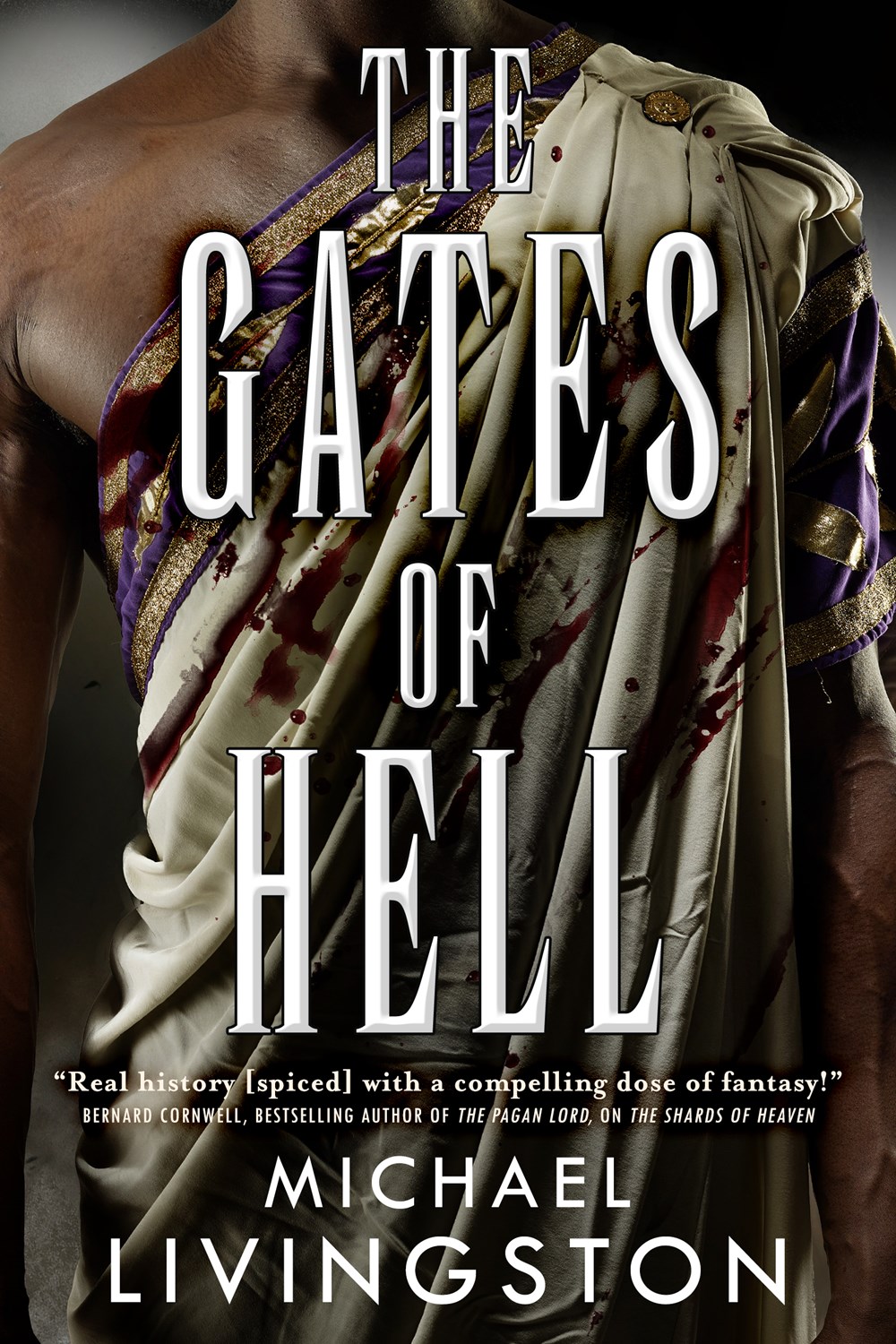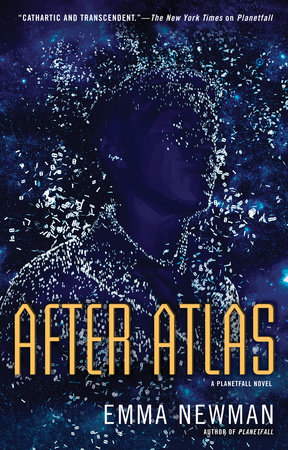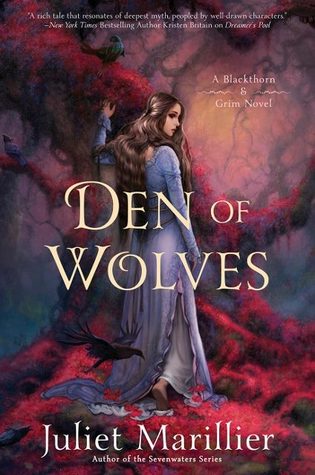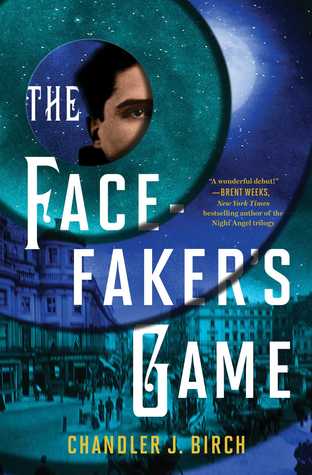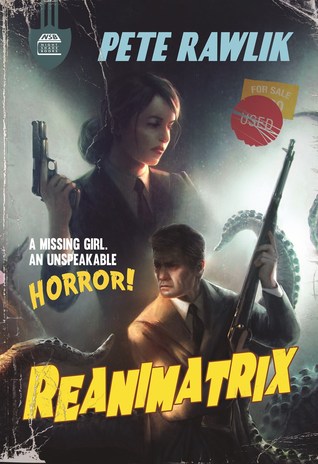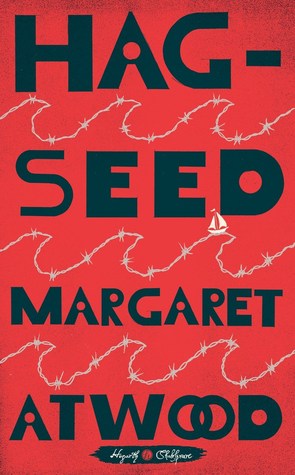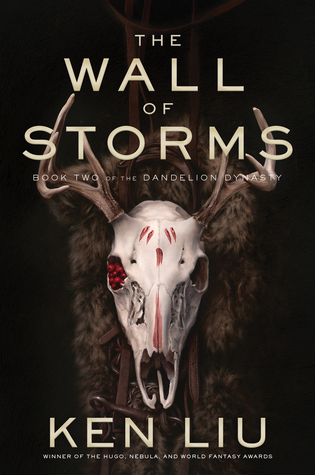Once upon a time there were two sisters who lived upon the tiny Isle of Trisda. Every year the older sister wrote a letter to the man simply known as ‘Master Legend’, begging him to visit their Isle, and every year her letters remained unanswered. That is until the seventh year when the elder sister having woken in the morning, barely days away from her marriage to a mysterious Count, finally received the long awaited invitations to attend the spectacle known as ‘Caraval’. Entry to Caraval is by invitation only and the most important thing to remember is that ‘it is only a game!’ Yes, Caraval is told in an almost fairytale style. We have two beautiful sisters who are treated harshly by their tyrannical father. Their mother disappeared many years ago and their father, a powerful man on the Isle rules over them with an iron rod. Scarlett and Donatella (or Tella as she is more often known) finally have escape within their grasp, even if that comes in the form of Scarlett marrying a man she knows nothing of it seems to be the only acceptable way that they will ever escape the Island. Until their golden tickets…
The Burning Isle is a book that captivated me from the very beginning. It’s fun, fast paced and I immediately felt connected to the protagonist, Cassius. I found myself both rooting for him and also growing more curious about him with each page. The story is told from his POV, and has a series of interspersed flash back chapters that help you piece together both his history and his motivation. In the start of the book, Cassius has arrived in the island of Scipio, a place where the dregs of society find themselves when they have no where else to go. Lawless and ruthless, this is not a destination of choice. “Five miles of slum on the edge of fifty miles of jungle” is how it’s described in the blurb. While it may generally be lawless, there are powerful people there that have control. The city/slum is divided, each side being ruled rival leaders with the feel of a mob or gang type atmosphere. You know, that fun criminal underground setting that everyone loves to read. But the ultimate power on the island belongs to an elusive general who lives with his soldiers at a fort in the forest. The atmosphere…
I found a new favorite author in Keri Arthur when I read City of Light last year, and my hope is that I will continue to enjoy her work for years to come. Certainly those odds are looking good with Winter Halo, the sequel. Not only did I enjoy it as much as the previous book, this second novel of the Outcast series also came along when I needed it the most, providing a much needed counterpoint to the heavier reads I’ve had on my plate lately. It was nice to simply let loose with Tiger in her world again; that and we all know there’s nothing quite like vampires and shapeshifters plus a little a bit of sex and action to serve as perfect entremets. The story picks up from the end of City of Light, continuing Tiger’s quest to rescue a group of kidnapped children. With the help from some new allies (because calling them friends would still be quite a stretch), she traces the trail to Winter Halo, a pharmaceutical company whose research arm appears to be involved in a bunch of shady activities. Our protagonist hatches up a plan to go undercover, using her déchet abilities…
As the second volume in a historical fantasy series about Ancient Rome, The Gates of Hell can be viewed as the “next chapter” of the events following the Final War of the Roman Republic. Approximately five years have passed since Alexandria fell. Marc Antony and Cleopatra are dead. Their daughter Selene has been taken into their conqueror’s household, becoming one of Augustus Caesar’s adopted children. But for all that, she knows she is still a hostage and the longing for avenging her parents still burns inside. The book begins with Selene taking matters into her own hands, seeking her own Shard of Heaven after finding out about the godlike abilities they can grant to the people who wield them. She manages to find and obtain one disguised as a statue in the Temple of the Vestals, bringing another of one these powerful artifacts into play. Meanwhile, her arranged marriage to Juba of Numidia, an adopted son of Julius Caesar, ultimately grew into to be a relationship based on love and respect. Together with her husband, who also possesses a Shard of Heaven, they begin to experiment and practice with their artifacts, learning how to harness their power. At the same…
I enjoyed Planetfall last year, which I read during Sci-Fi Month 2015, but I was stunned by how much more I loved After Atlas, a “companion” novel which takes place in the same world but follows different characters and has a completely different story line. After Atlas references some events and characters from the first book, but you certainly don’t have to read it first in order to enjoy this one. In fact, if you haven’t read Planetfall, I highly recommend starting with After Atlas, simply because it’s the better book. After Atlas is basically a murder mystery, and nearly the entire story is focused on detective Carlos Moreno digging into the murder of high-profile cult leader Alejandro Casales. Carlos is shocked by Casales’ death, a man who was a beloved father figure to Carlos when he was a child. Taken against his will by his father to live in a cult, a secluded fortress called the Circle where all technology is banned, Carlos’ only bright memories are spending time with Alejandro, who taught him to live off the land. When the forensic team suggests the death could be a suicide, Carlos knows Alejandro’s death is much more than it…
Books that get the five star treatment from me often have an emotional component to them, which would probably explain why I have consistently given the novels in the Blackthorn & Grim series full marks. That’s because every single one of them has been a boatload of feels, and this third installment is no exception. In fact, Den of Wolves might be the most poignant and moving of them all. I’ve laughed and cried with these characters through their triumphs and tribulations, and now I finally understand that everything we’d been through had been gradually building up to this crucial novel. If you have not had the pleasure of meeting Blackthorn and Grim yet, the two of them make up one of the most extraordinary partnerships I’ve ever read, and their shared experiences in the previous books have only deepened that bond of trust and friendship. Blackthorn is a wise woman, her job to mend and heal and cure, but deep down inside she is still broken and raging with her desire for revenge on Mathuin of Laois, the man who destroyed everything she ever loved. The only thing keeping her from acting upon that anger is an oath she…
The Facefaker’s Game is an entertaining coming of age story that features a number of familiar, but quite likable, tropes. I want to stress that it’s not a negative to contain tropes. I firmly believe these are traits that are so common because they can be quite enjoyable, which is the case within The Facefaker’s Game. The book has enough originality within it’s magic and characters to make the old familiar feel fresh and fun. It feature a 14 year old boy, with no family, trying make it on the mean streets. And trust me, Burroughside is mean. In addition to the gangs of orphans and criminals, there are also monsters that come out at night. People don’t risk breaking curfew because staying out past dark pretty much typically means your life. Another interesting/mysterious feature of this book was certain people (though they don’t call them people) who would appear in Burroughside with no memory of who they are. The word amnesia was never used, but that is the general idea. And with no memory, no place to live, their lack of defenses against the monsters of the night means they are not likely to live long. It’s a mystery of the world that leaves you guessing a bit…
Make no mistake, Lovecraft-inspired stories are a real hot thing right now and I am gobbling it all up. This year the types of Lovecraftian fiction I’ve already read have ranged from bloody gorefests to dark comedies, and there just seems to be a style for every persuasion. And if your tastes happen to run in the direction of weird fiction and pulp noir, then Reanimatrix is sure to make you very, very happy. Unfolding through a series of diary entries and letters, this story follows the strange lives of two main characters, Robert Peaslee and Megan Halsey. It is the 1920s, and Robert was an officer in the Great War returning to his home town of Arkham to work on the police force, handling the sensitive cases that the other cops don’t want to touch. One fateful day he meets Megan, a young heiress with a troubled past, and immediately feels drawn to her. Years later, however, Robert is called to work a crime scene by the docks where a body of a woman has been discovered, and he is shocked and heartbroken to later learn that it is none other than Megan Halsey. Before the investigation can move…
I have to confess when I first saw this book, I did not realize it was a retelling of The Tempest by William Shakespeare. There are some authors that have impressed me enough with my previous reads I honestly don’t feel the need to read the synopsis closely before diving in when I get my hands on it. This was one of those books. I absolutely love The Heart Goes Last, and regardless of what Atwood’s next book was about, I knew I would have to read it. Enter Hag-Seed. I am not sure I was the ideal reader for this particular book. I am woefully unfamiliar with The Tempest, which means that there are likely many reference and parallels, unique twists, etc, that I am not in a position to recognize or appreciate. I will say that the way Hag-Seed is told, I did become more familiar with The Tempest as I read. At the end of the book, there is a section that summarizes The Tempest for the reader. I wish that had been in the beginning as I felt like it may have helped me understand the retelling aspect a bit more if I had read that…
In my review of Ken Liu’s debut, I said it possessed all the epic grandeur, intelligence, and dignity of a Guy Gavriel Kay novel. Now, having read the follow-up, I am starting to wonder if anybody has ever seen the two of them in the same room together. Okay, so I’m kidding – or, at least, half-kidding – but The Wall of Storms is precisely the kind of sweeping, character-driven epic of cultural mythology that so very few authors could attempt, much less manage so successfully. The first half of the novel (and we’re talking several hundred pages) is largely dedicated to developing a new character who had no role to play in The Grace of Kings. Zomi is a smart, philosophical young woman who thinks and acts in a manner that is disturbingly progressive for an already strained empire. Where her connection to the tale comes in is through Luan Zya, the man who advised the Emperor to betray his best friend for the greater good, and who then walked away from it all. Through alternating chapters we see the progress of the imperial examinations in which Zomi is to take part, and the learnings and journeys she shared with Luan to get there. It makes for an…

